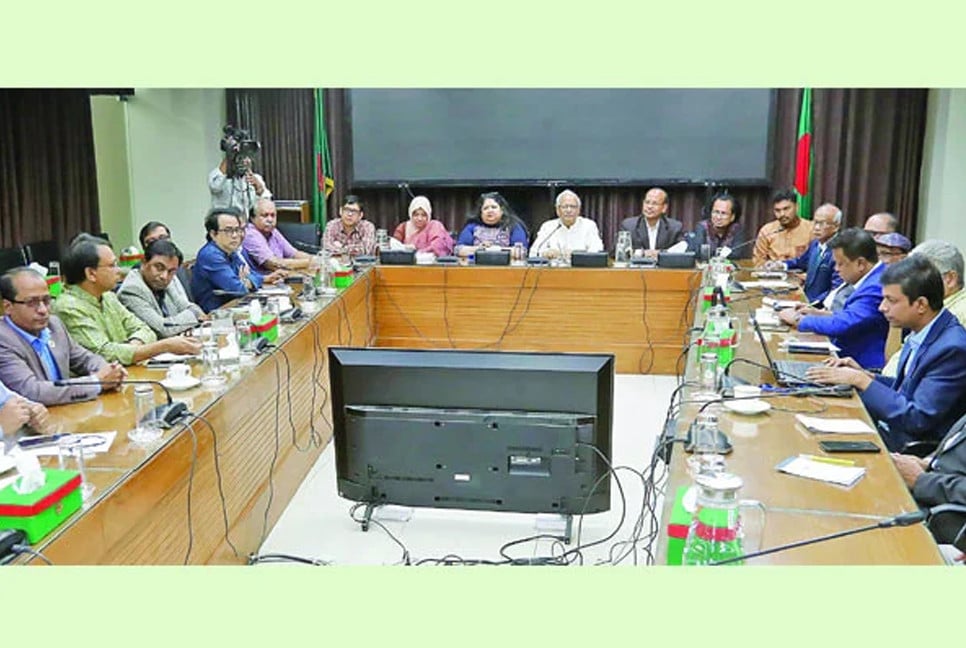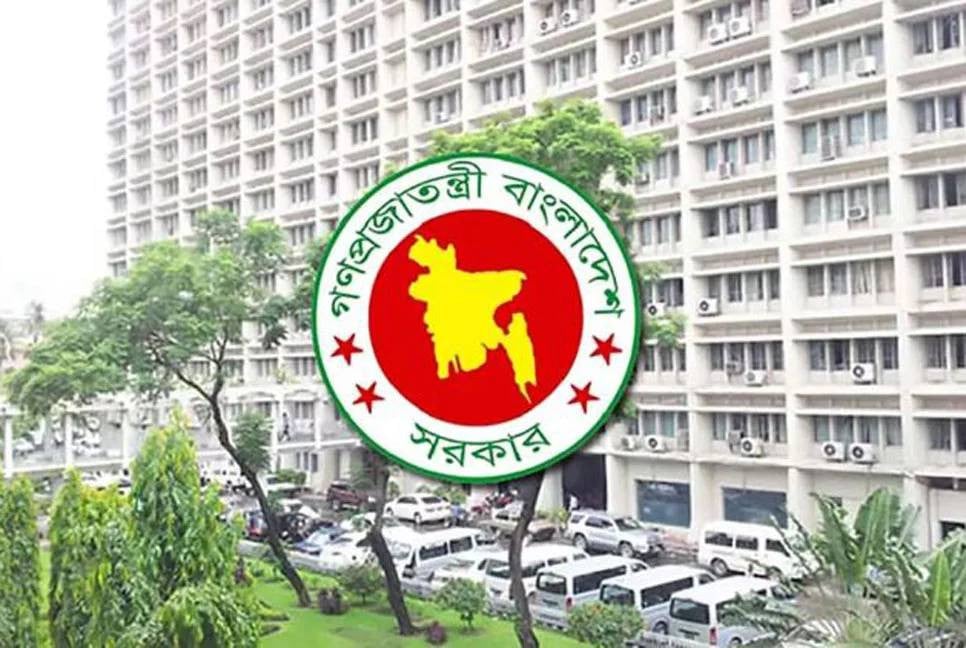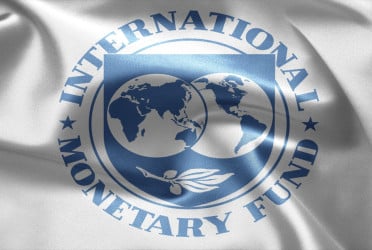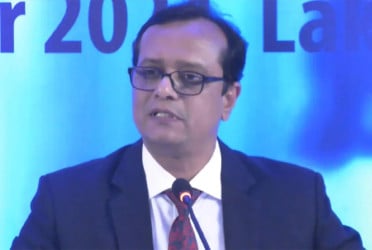Bangladesh Bank, in order to control inflation, has decided to increase the market-based interest rate by 35 basis points from Wednesday (November 1). According to the relevant sources, the loan interest rate will cross 11 percent if this decision is effective. They think it will turn into a headache for the businessmen of the country in the current situation.
Bangladesh bank, in July of this month, had introduced market-based loan-interest system which is called ‘Smart’ (Six months moving average rate of Treasury bill). The central banks asked to fix the loan interest rate by adding a maximum 3.5 percent to the interest rate of Smart. In this regard, the central bank, in a circular said a reference rate will be determined based on the market interest rate of 182 days Treasury bill. According to the officials of central bank, the increase of principle rate of Treasury bill by 75 basis points influenced the increase of interest rate of Smart, as the loan interest rate is determined on the Smart Rate. The average interest rate of 182 days treasury bill in October was 9.24%, which was 7.40 % in September. The Smart interest rate in August was 7.33%, in July 7.22%, in June 7.07% and in May 7.01%.
According to the sources, Bangladesh Bank decided to reduce liquidity flow in the economy in addition to increase the interest rate to control recent inflation. On the condition of remain anonymous, a Bangladesh Bank official said, “The average interest rate of 182 days treasury bill in October will become 7.55 percent after increasing by 35 basis points, which was 7.20 percent in September. According to the directives of Bangladesh Bank, the banks can fix the interest rate by adding 3.05 percent to the Smart interest rate. So, from upcoming November the interest rate of loans will be maximum 11.05 percent. “
According to central bank officials, the government takes a major part of domestic debt from the banking sector by issuing government securities, treasury bills and treasury bonds to cover the budget deficit. And banks are also investing in these sectors as they are risk free. Recent auctions of these bonds indicate that Smart interest rates will continue to rise in the future. Many countries around the world are controlling inflation by raising interest rates, which is also being used in our country now. This is a good aspect in the context that Bangladesh Bank has taken the initiative to bring down inflation below 8 percent by next December that will hopefully bring good results.
Meanwhile, businessmen feel that the increase in loan interest will put pressure on business. A delegation led by FBCCI president Mahbubul Alam met Bangladesh Bank Governor Abdur Rauf Talukder last month and requested not to increase the interest rate of bank loans. In this regard, he said, “The private sector is already under pressure due to the increase in electricity and energy tariffs, the dollar crisis and the high exchange rate of the dollar.”
Mentioning that the flow of loans to the private sector has decreased, he said if the loan interest increases, the overall cost of business will go up too and pressure will be placed on the businessmen. He called on Bangladesh Bank to take measures to prevent frequent increase in loan interest.
(The report was published on print and online versions of The Bangladesh Pratidin on October 31 and rewritten in English by Lutful Hoque)

































































